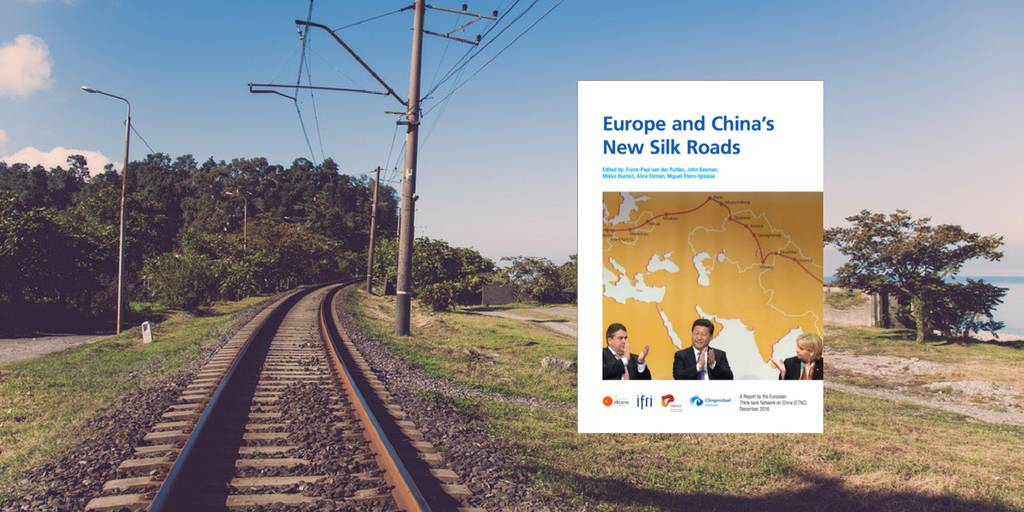
Practical information
As China elaborates on the design of its "Belt and Road Initiative" (OBOR), the place of Europe within this project is slowly but surely taking shape.

From rail projects in Poland and Germany to port projects in Greece and Latvia, Europe is a converging point for both the overland and maritime dimensions of China's grand project. But while it offers a number of opportunities for investment and economic development, OBOR does not present the same across Europe and is even viewed with scepticism in some capitals.
This seminar will present and discuss the findings of the latest report by the European Think-tank Network on China (ETNC) that seeks to flesh out some of these varying perspectives. Based on a case study analysis of fourteen countries within the EU, the report takes a "bottom-up" approach, examining the development of the OBOR project within each country, as well as at the EU institutional level. During the seminar, some of the report's authors will discuss China's approach to Europe and European responses within the context of OBOR.
- John Seaman, Research Fellow, Center for Asian Studies, Ifri
- Frans Paul Van der Putten, Senior Research Fellow, Clingendael, Netherlands Institute of International Relations, The Hague
- Mario Esteban, Senior Analyst, Elcano Royal Institute, Madrid
- Mikko Huotari, Head of the Chinese Foreign Relations Program, Mercator Institute for China Studies (MERICS), Berlin
Discussant:
- Daniel Guyader, Senior Advisor for Asia and the Pacific, European External Action Service (EEAS)
ETNC is a network of China specialists from think tanks across Europe co-founded by Ifri and the Elcano Royal Institute (Spain) in 2014. Meeting on a semi-annual basis, the network now counts representatives from institutes in 15 countries throughout the EU.
Find out more

Europe and China's New Silk Roads
As China elaborates on the design of its "Belt and Road Initiative" (OBOR), the place of Europe within this project is slowly but surely taking shape.
Other events

Paris Naval Conference 2026: Naval Rearmament and Operations in Contested Waters
This fourth edition of the Paris Naval Conference (CNP), bringing together high-level military, industrial, and academic speakers, will address the challenges associated with general naval rearmament and naval operations in increasingly contested environments.





